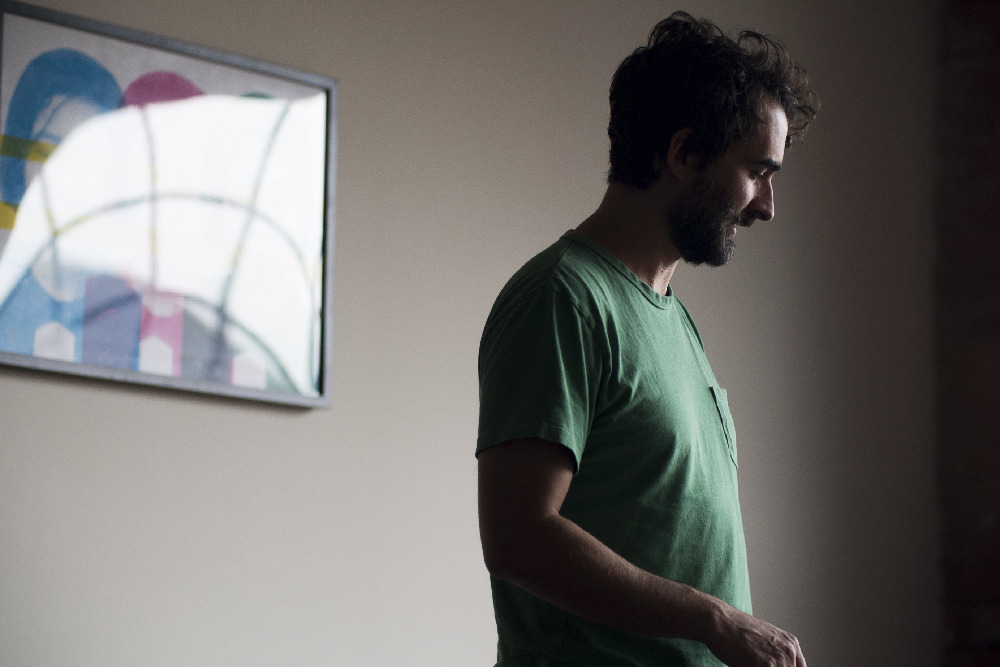Pink Wall launches you straight into the thick of it. Two characters are talking to a faceless voice as if interviewing for something. There is a palpable scrutiny coming from behind as if this couple have something to prove.
In his directorial debut, Tom Cullen marks himself as a sophisticated director with an avid curiosity for his characters. He creates room for the actors to do something truly special. At a welcome 80 minutes, Pink Wall draws you in through heart-wrenchingly honest dialogue between protagonists Jenna and Leon (Tatiana Maslany and Jay Duplass) as their shared path seems to crumble ahead of them. Cullen draws out a magic most comparable to Blue Valentine, as his characters speak a truth often absent from onscreen romances. Gender expectations are flipped and sent rolling into a refreshingly contemporary space. Jenna has little inclination to subscribe to others’ expectations, and is certainly not interested in propping up her man. Maslany is outstanding here, taking the bubbling of disagreement to a perfect boil before dropping it back down again to a simmering gaze.

For Cullen, a hugely formative experience working with Andrew Haigh on Weekend has left a yearning for intimacy within the action, something which Pink Wall thrives on. You feel a similar love and care in the approach here, meticulous and assured but with a generosity which fuels the central chemistry. A raw openness to the dialogue suggests influences from giants of American Indie like Cassavettes, but the British setting and direction shifts it away from the familiarity of the Mumbecore movement of the past decade into a more unusual place. Mike Leigh meets the Duplass Brothers. It feels only natural then that Cullen would be drawn to Jay Duplass for the role of Leon, who does a lovely job of a gentler leading man who never quite feels worthy of his powerhouse other half. It is from here that the feminist streak of the film can flourish.
Although not initially planned, the decision split the film into six segments, each representing a year in their relationship and twisting them out of their linear form adds greater dimensionality. It derails the audience somewhat, willing us to lean in a little closer to the quieter moments and pick up on the nuances of these characters. Their relationship is a fragmented entity, muddled in the memory and dropped out in non-sequential pieces. The state of their relationship is often unclear, with each segmented year seesawing between emotional realisations. Should they be together? Should they not? The point may be in clarifying that it’s not our place to answer.
Reflecting on this film feels much like watching it in the first place. Sequences stay in the mind like moments we have lived in ourselves. Disjointed memories severed from what came before and after, like the fragments of a relationship that has long since passed but is destined to linger on in our minds.
Pink Wall is out now. Read our interview with Tom Cullen here.
